Ten items related to James Yancey
I originally thought about centering the project on one of Yancey’s albums or even one of his instruments (two of which have been donated by his mother to the Smithsonian National Museum of African American History and Culture) but quickly realized that doing so would create too narrow a focus and make it harder to find suitable, connected items with which to expand the domain and models.
So I zoomed back out and decided to instead focus the project on Yancey himself, hoping this would allow me to find a variety of interconnected items that could be related to him. Doing this was also a chance to get to grips with some of the issues mentioned in the domain study: namely that there are not that many different types of items connected to modern musicians that have been catalogued/described by cultural institutions, which is a requirement of the project. This feels compounded when looking at a musician like Yancey who was still active less than two decades ago. After some research, it appears that the most common type of modern music history items available via cultural institutions and online catalogues are recorded material and books (whether focused on the musician or the scene they are a part of), which makes sense considering they're likely to be the most common type of item a musician accumulates throughout their career. As a side note, there is another type of item - digital texts in the form of articles and web pages - that is arguably more prevalent but which is even less preserved (outside of efforts by entities like The Internet Archive) and less described.
In the end I choose ten items that I think show some of this dynamic at play while also offering ideas for how to expand what is catalogued in the future. Six of the items are documented by cultural institutions (the Smithsonian, the Library of Congress, St Paul Library in MN), three are from website catalogues (WorldCat, Discogs, MusicBrainz) and one is not documented anywhere and presented here using domain expertise.
As per the requirements of the project, these items are of different types (though there are two albums in different physical formats) and their description offer information about different kinds of entities related to place, time, people, and concepts. There are also two items that I originally thought of as belonging to one type but after metadata analysis and alignment decided to change: the event and the discographies. The former was first described using a library record of the video recording, but I wanted to focus on the event itself rather than another multimedia item. The latter was first described using the MusicBrainz metadata, but this proved to be too limiting so I then decided to expand it somewhat and combine the web page aspect of it with the more abstract idea of a complex body of work as hinted at by the FRBROO conceptual model.
All images for the items are taken from Discogs listings and Smithsonian records apart from the contact sheet (taken from Contact High: A Visual History of Hip-Hop), Suites For Ma Dukes (a still taken from the recording of the event), and the discographies (a promotional image of an exhibition of previously unseen photos of Jay Dee by Waajeed).
:format(jpeg):mode_rgb():quality(90)/discogs-images/R-619872-1403276992-4522.jpeg.jpg)
Vinyl - Donuts by J Dilla
Yancey's deathbed opus, recorded in Los Angeles and released on his 32nd birthday by Stones Throw, three days before his death. Copy held at St Paul Pubic Library, MN.
:format(jpeg):mode_rgb():quality(90)/discogs-images/R-37009-1328138534.jpeg.jpg)
CD - Welcome 2 Detroit by Jay Dee AKA J Dilla
Yancey's first solo album and an ode to his city. Mixed at Studio A and credited to Jay Dee AKA J Dilla, the first official linking of the two aliases that defined Yancey's career. Copy held at the Library of Congress, D.C.
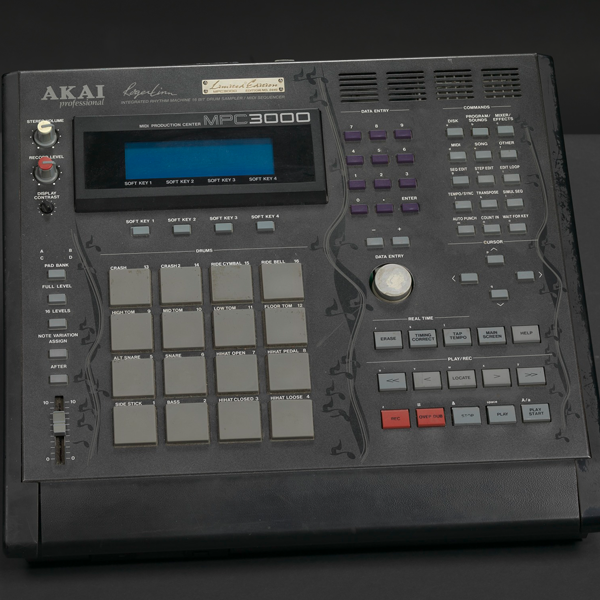
Artifact - MPC3000 Limited Edition
The MPC was Yancey's instrument of choice, and this particular version was with him throughout the second half of his career. Held at the Smithsonian National Museum of African American History and Culture, D.C.
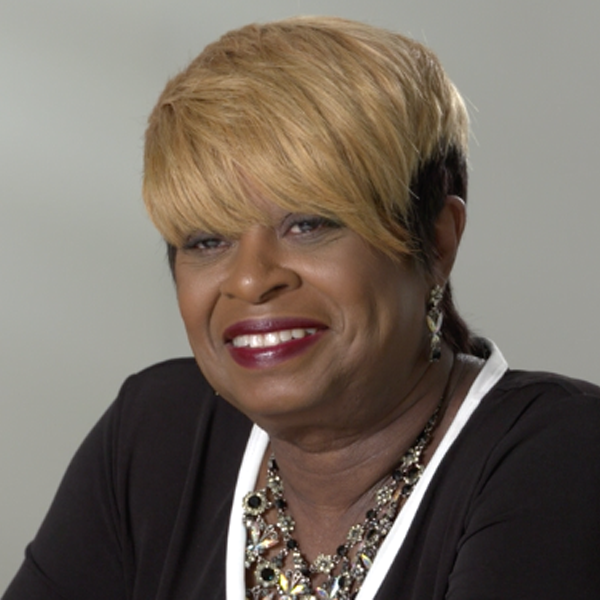
Video - Maureen Yancey Oral History
In 2014, Maureen Yancey donated her late son's MPC3000 and Minimoog Voyager to the Smithsonian National Museum of African American History and Culture. Two years later the museum added this oral history interview with her as part of its donor series. Held at the Smithsonian National Museum of African American History and Culture, D.C.

Book - Donuts by Jordan Ferguson
Released as part of Bloomsbury's 33 1/3 series dedicated to album-specific criticism and non-fiction, this book explores the importance of Yancey's last album and connects it to various stages of his career. Copy held at the Library of Congress, D.C.

DVD - Our Vinyl Weighs A Ton
A documentary and accompanying OST detailing two decades of Stones Throw Records, the Los Angeles-based label with whom Yancey worked in the last years of his life. Features previously unseen footage of Yancey at the turn of the century including his first meeting with the label at Studio A. Online record from WorldCat.
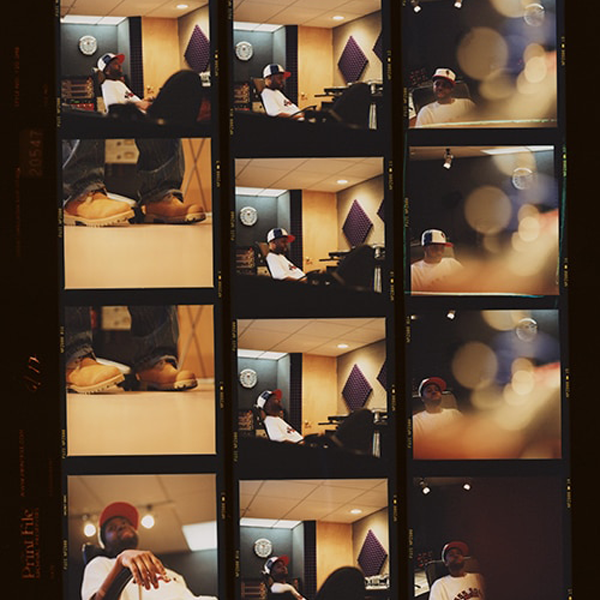
Photographs - J Dilla, Detroit, 2003 by Brian Cross
A contact sheet showing a series of portraits and photographs of Yancey in his home studio in Detroit, captured shortly before his move to Los Angeles. Shot by Brian Cross, commissioned by Stones Throw. The contact sheet was included in the book and touring exhibition Contact High: A Visual History of Hip-Hop. Documented through personal domain expertise.
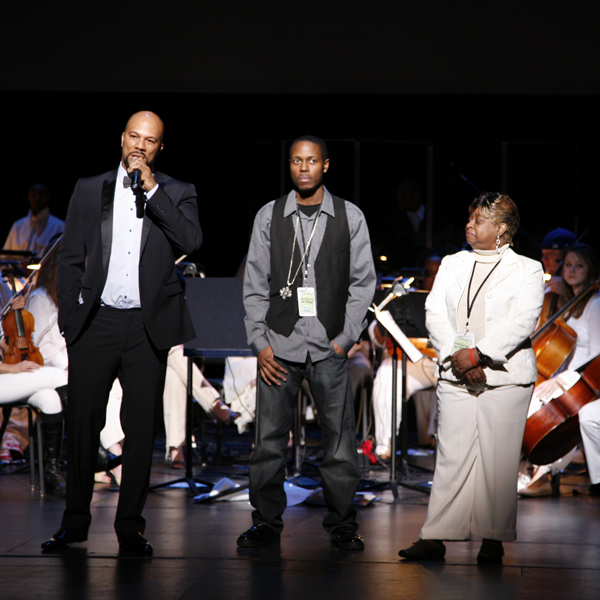
Event - Suite For Ma Dukes
In February 2009, Yancey's legacy was celebrated with an orchestral performance featuring arrangements from across his discography by Miguel Atwood-Ferguson. The event was produced by Mochilla and featured Maureen Yancey alongside many of Yancey's peers and friends. Described using a record of the DVD held at the San Francisco Public Library, a Discogs record, and personal domain expertise.
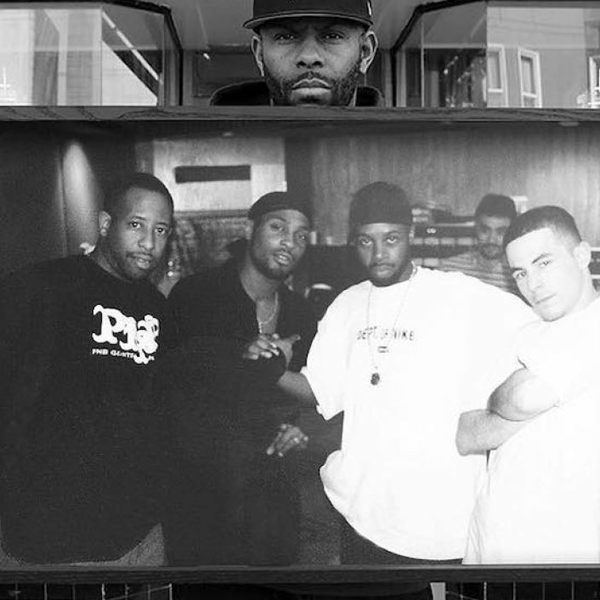
HTML - Discographies
Yancey's body of work is spread across two parrallel and slightly overlapping bodies of work - his discography as Jay Dee, which ran until a few years before his death, and his discography as J Dilla, which continues to this day. Two items treated as one. Online record from MusicBrainz.
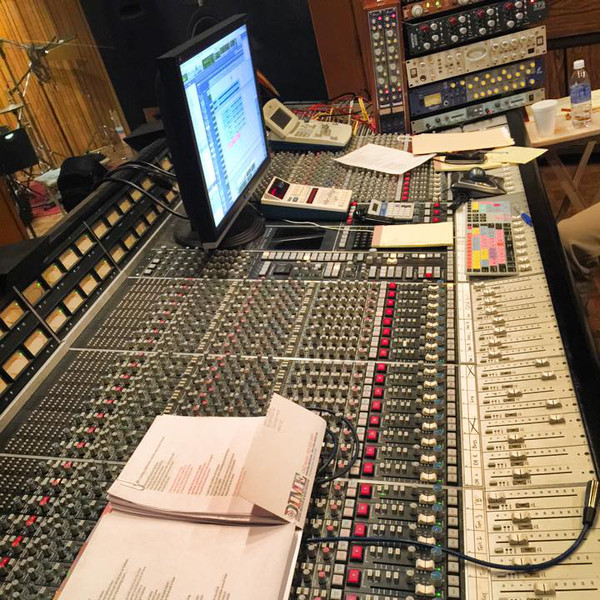
Location - Studio A
A recording, mixing, and mastering studio on the outskirts of Detroit which was used by Yancey during his time there. Featured on the Welcome 2 Detroit album and in the Stones Throw documentary. Online record from Discogs.